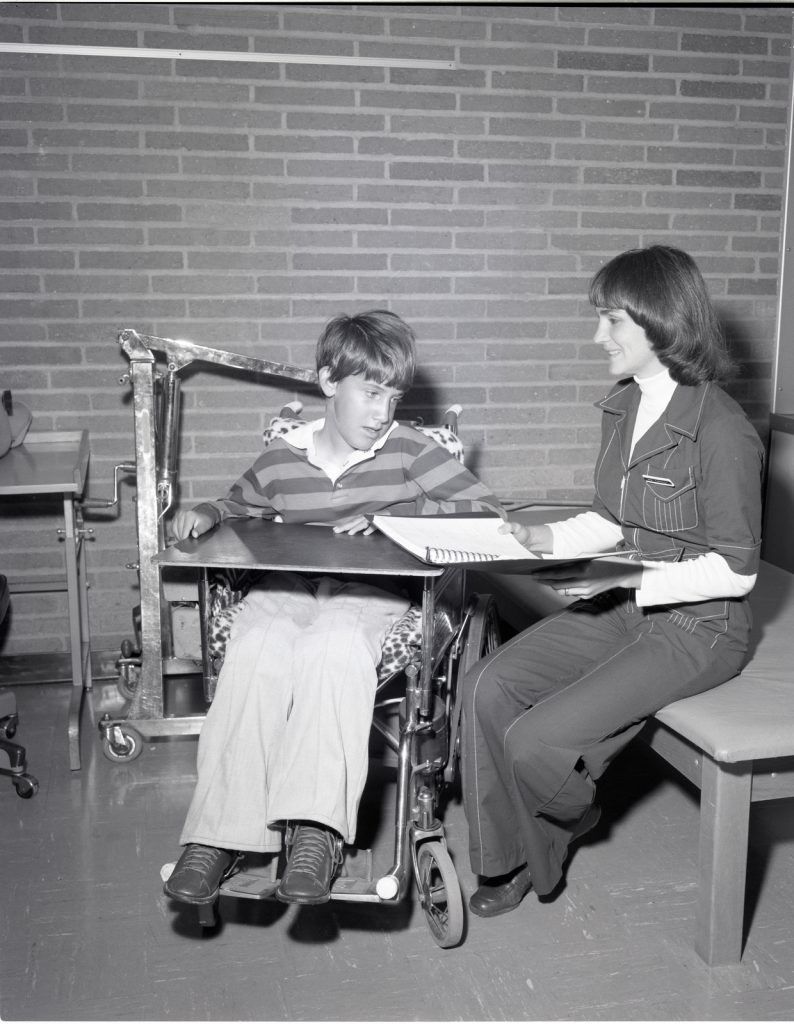HEALTH secretary Sajid Javid on Monday (28) launched England’s first rare diseases action plan which aims to speed up diagnoses and care.
The initiative will allow the healthcare workforce to support patients better by leveraging the UK’s technology, Javid said.
There are more than 7,000 rare diseases, affecting an estimated 3.5 million people in Britain.
Their complex nature means it is difficult for healthcare professionals to receive training on every condition or for patients to access relevant specialists.

People living with rare diseases, such as muscular dystrophies or Huntington’s disease, can go through multiple appointments and referrals before a diagnosis is made due to the complexity of conditions, making it difficult for individuals and their families to coordinate their care.
The action plan, which comprises 16 commitments to improve care, has been developed in partnership with NHS England and NHS Improvement and the National Institute for Health and Care Excellence.
It includes commitments on research, with an announcement of £40 million in new funding to the National Institute for Health Research (NIHR) BioResource, to further its work in understanding rare diseases.
“I am committed to levelling up our health system so that everyone regardless of their condition can receive treatment that is tailored to their needs,” Javid said.
The action plan will include improvements to newborn screening, supporting access to new treatments and pilot approaches to care for patients with undiagnosed rare conditions.
It will also include a new digital tool called ‘GeNotes’, which will allow healthcare professionals to quickly access information on rare diseases.
While the new initiative launched on Rare Disease Day is applies to England, the devolved administrations will publish their own action plans by the end of 2022.
The UK Rare Diseases Framework announced last year had set out priorities for all four nations to speed up diagnosis, raise awareness and improve treatment and care.
